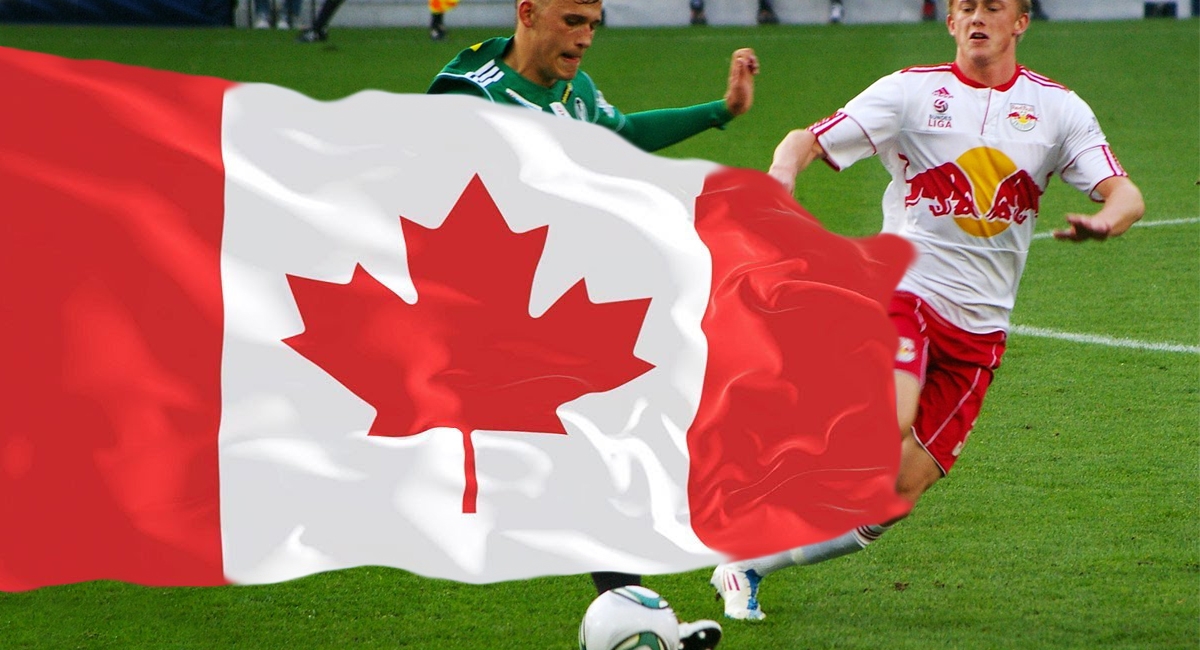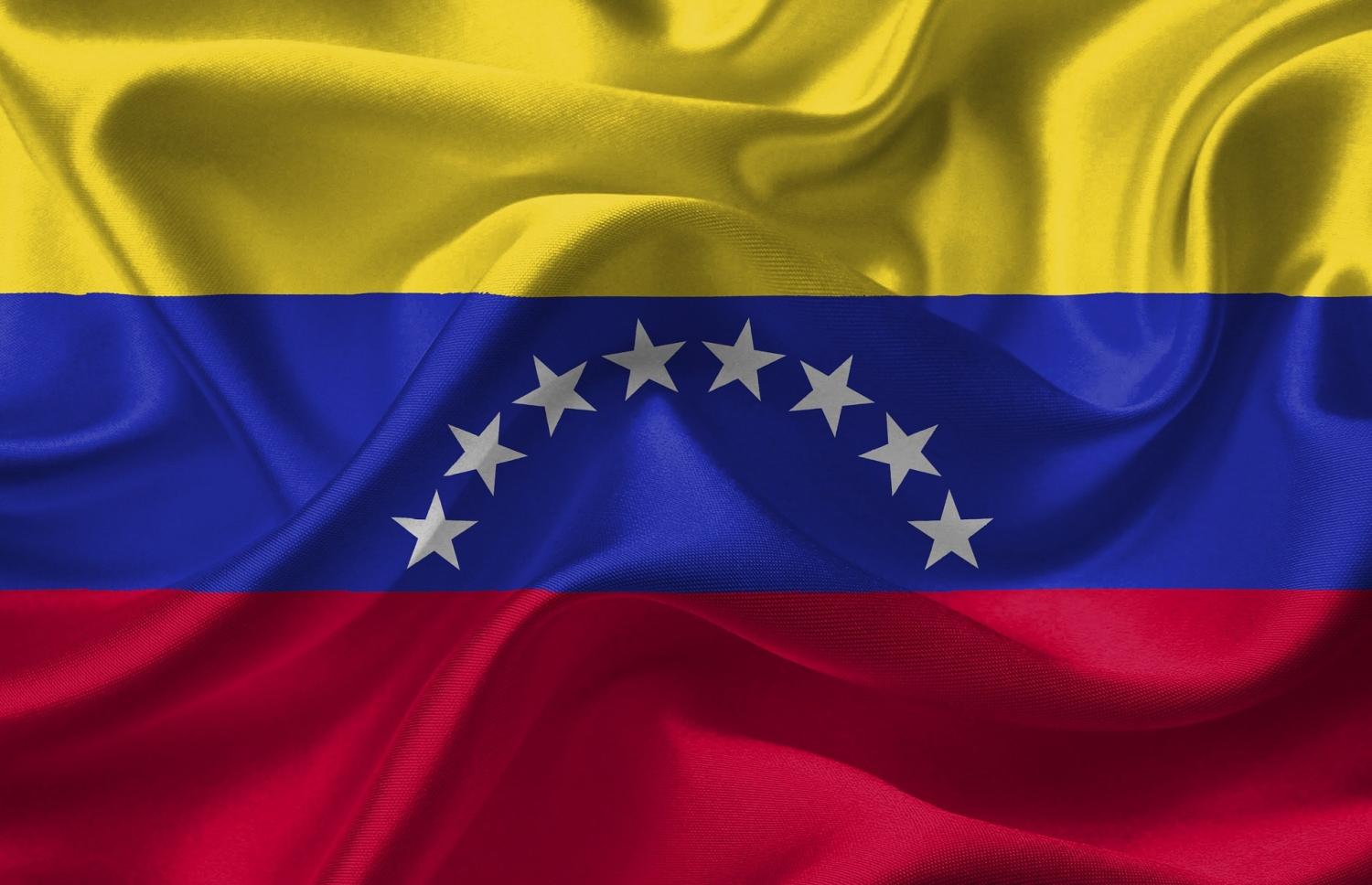
Hurdles remain as Canada pushes for sports betting legalization
The Canadian Senate hearings on June 2 ended with an estimate that Canadian sports betting can be launched by Labor Day, which is in early September. The estimated launch date was given by the president of the Canadian Gaming Association and CEO, Paul Burns after he was asked for a specific date by Senator Elizabeth Marshall.
This was the estimate he has given if the C-218 bill concerning the allowing of single-game sports betting will be able to pass and amend the Criminal Code to make this activity legal in the country. Specifically, Burns answered by saying, “I expect by fall, you’ll see some very robust offerings.” However, Senator Marshall pushed for a more specific date and that was when he said that it should be by Labor Day.
Current State of Betting in Canada
Today, Canadians and the people in the country are allowed to bet on sports through provincial lotteries and online on a sports betting site in India or anywhere else offshore. However, the bets placed through the provincial lotteries must be parlays which means that the bets placed should have at least two games. To be able to win, both bets should then be correct.
This could be the reason why sports betting isn’t as popular as to how it is in the United States. Canada’s regulated sports betting handle was estimated to be valued at over $242 million in 2019. This isn’t too bad but that amount only accounts for around 1 percent of the estimated overall Canadian gambling market in that same year.
Does this mean that Canadians are not into sports betting? Not really. Canadians are spending a lot of money on this activity. They just don’t place their bets locally because of the limitations of the current regulated sports betting industry in the country. Based on reports, Canadians are spending over $14 billion in sports betting each year on offshore bookies and even illegally.
This is why Paul Burns focused on the opportunity that the country could get from regulated single sports betting, especially during this time, when the world is recovering from the effects of the COVID 19 pandemic when he spoke during the Wednesday hearing.
Burns mentioned that Deloitte initially only reported possible sports betting revenue of over $7 billion within five years of its legislation but the company eventually changed that to as much as $28 billion. He also mentioned that the provinces won’t just benefit from tax revenues as regulated local sports betting could also create jobs and more economic opportunities.
Aside from Burns, the Canadian Football League Commissioner Randy Ambrose was also there to speak of the benefits of sports betting to the CFL. According to him, the industry would help bring new revenue to the league. He said that there could be more sponsorships and increased TV revenue. However, when he was asked about the specific estimate of how much revenue their side could gain, he declined multiple times.
Furthermore, Ambrose said, “Like so many Canadian businesses, we’ve been dramatically affected by the COVID-19 pandemic. This may be one of the single biggest opportunities the CFL has ever faced and it couldn’t happen at a better time. [The Bill – C-218] has the full support of the Canadian Football League and urge the Senate to swiftly consider and support [it].”
The Hurdles
Like with any bill, there will always be people or senators who would question or have reservations about it. For the C-218 bill, one of these people is the former Ottawa police chief officer, Vernon White. He has proposed an amendment that would send the bill back to the House of Commons for another vote if it is approved.
If this is the case, the bill won’t be able to get the final approval by June 23 as this is when the House and Senate will go on their summer break. White, however, said in an interview that he’s not opposing the approval of the bill. He said that the amendment is only needed to make it unlawful to fix any sports events. White said, “My primary concern is that we have not corrected that. And it’s an easy amendment.”
Another person who seems to be against the bill is Senator Brent Cotter. Last month, when he talked about it during the second hearing, he said, “I am more a proponent, I think than a critic [of the bill].” He said that the Senate banking committee will be likely to consider White’s request for amendment.
“And if it doesn’t succeed there, I guess that it might get considered back in the Senate, on the chamber floor at third reading,” he explained.
During the hearing on Wednesday, Burns was able to talk about problem gambling and match-fixing. He said that while gaming options have increased in the past decade, problem gambling has stabilized and even decreased because of “world-class responsible gaming programs.”
When it comes to match-fixing, he believes that there are already provisions to prohibit it. He said that the CFL already has protections built into the existing ecosystem. This includes the life suspension for match-fixing.
The parliament will end its session by the end of this month and if the Senate passes the bill, it will still need to go back to the House of Commons for re-approval before it should reach the Governor General’s office.













